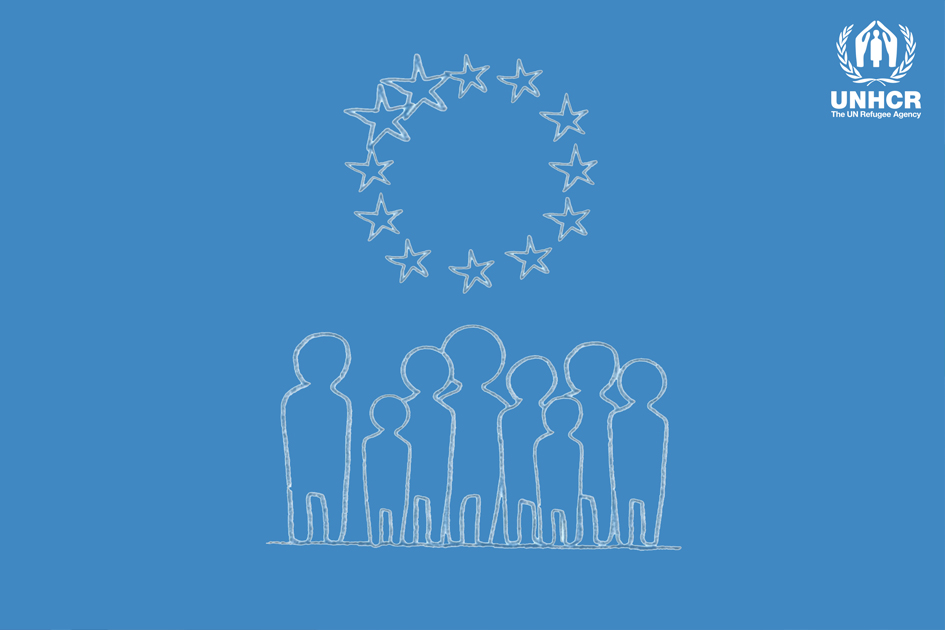Two years of war in Sudan: a devastating combination of record displacement and dwindling aid

Press Release
Two years of war in Sudan: a devastating combination of record displacement and dwindling aid
This is a summary of what was said by UNHCR spokesperson Olga Sarrado Mur – to whom quoted text may be attributed – at the s press briefing at the Palais des Nations in Geneva on 11 April 2025
Newly arrived refugees from Sudan set up their shelter at the overcrowded Renk Transit Centre in South Sudan, March 2025
© UNHCR/Reason Moses Runyanga







